From creative studios to wellness centers and helpful services like personal assistants or legal advice, there’s a wide variety of extras that can make a coworking space truly special.
Let’s walk through the many coworking space amenities and services, from absolute basics to unique add-ons that help your space stand out.
Guide to coworking space amenities
What should a coworking space have?
Before you start adding creative add-ons and coworking space amenities, there are a few non-negotiables that you simply have to offer:
- High-speed, reliable internet. The Wi-Fi needs to be fast and stable throughout the entire space, with enough bandwidth to handle many users at once.
- Comfortable, ergonomic furniture. Think adjustable chairs, spacious desks, and proper workstations. Pair that with good lighting and ventilation, and you’ve got a great foundation for a productive coworking space.
- Members should also have access to essential office equipment and supplies. This includes printers, scanners, whiteboards, and basic stationery, so all the tools you need to get things done without having to bring them from home.
- In terms of coworking space design, there should also be dedicated quiet zones or phone booths for focused work, and well-equipped meeting rooms with screens, soundproofing, and multiple booking options for team collaboration and private discussions.
- Break areas or lounges are another must-have. People need space to step away from their screens and recharge. Ideally, there should also be kitchen or kitchenette access, so members can store food, prepare meals, or enjoy lunch without leaving the building.
Now that you’ve got the basics covered, you can start adding more coworking space amenities and services to your offer.
Unique coworking space amenities
Here’s a closer look at some of the most unique and exciting amenities that some of the best coworking spaces are offering:
Podcasting rooms
If your coworking space members host podcasts or record audio content regularly, these rooms could be a dream come true. Especially when soundproofed and equipped with professional-grade microphones and gear.
Bike parking
A bike-friendly coworking spacee should ideally offer secure bike racks or storage areas, preferably covered or indoors to protect bikes from theft and bad weather. Optional extras, like a bike repair station or lockers for helmets and gear, are a nice touch, too!
Creative studios
Designed for creatives, these spaces can give your members room to paint, craft, take photos, or work on any kind of artistic project.
Wellness centers
Need a break? Many spaces now have wellness zones with saunas, steam rooms, or even massage services.
Rooftop gardens or terraces
Rooftop areas are great for having lunch, taking calls, or just clearing one’s head. Some even host events up there!
In-house barista bars
Forget the office coffee pot, some coworking spaces now have real café-style bars with trained baristas. Your members can grab a cappuccino, chat with others, and enjoy that cozy coffee shop atmosphere right at work.
Tech-free/quiet zones
These spaces are made for unplugging. No phones and no laptops, just a calm environment where members can read, meditate, or take a moment for themselves.
Smart locker systems
Lockers and storage spaces are a really handy feature in modern coworking spaces, especially for those members heading to meetings, running errands after work, or just wanting to lighten their load during the day. Some lockers come with built-in chargers for phones, laptops, or other devices, so members can power up while keeping their items safe.
Child-friendly workspaces
Some coworking spaces now include supervised play zones so kids can stay entertained while their parents get work done nearby. Working parents will definitely appreciate these areas!
Professional development libraries
A quiet corner with books on business, leadership, creativity, and self-growth? Yes, please! These libraries help members keep learning and developing professionally, right from the office.
Nap pods or sleep rooms
We all have those days when a quick nap makes a big difference. Nap pods or quiet sleep rooms give members a private, comfy place to rest and recharge.
Pet-friendly spaces and amenities
A growing number of coworking spaces are going pet-friendly, and many members love it. Allowing well-behaved pets in the office can help you create a warm, welcoming vibe and even help reduce stress during the workday. Offering simple amenities like water bowls, treat stations, and designated pet areas is a great bonus, too.
Virtual offices
Virtual offices are a great option for remote teams, freelancers, or small businesses that don’t need a physical desk every day but still want the perks of a professional business address. Members can use the coworking space’s address for mail, packages, and even legal or marketing purposes. Many coworking spaces also offer extras like mail forwarding, phone answering, or access to meeting rooms when needed.
Add-on coworking space services to consider
While unique amenities can make your coworking space feel exciting, it’s often the extra services that really set you apart. These are the little (or big!) things your members can request to make their workday easier, smoother, and more enjoyable. And at the same time, they offer a great opportunity to bring more profits to your coworking business.
- Office cleaning: For members renting a private office or staying long-term, offering regular or one-off cleaning services can be a huge time-saver.
- Airport pickups: Have members who travel often? Partner with a local car service to offer convenient airport pickups and drop-offs.
- Offset printing: Providing high-quality printing services (or partnering with a local print shop) saves members time and hassle whenever they need to print brochures, posters, or marketing materials.
- Local business discounts: Partner with nearby cafes, restaurants, gyms, or service providers to offer special deals just for your members. It’s a simple way to add value and support the local community.
- Food and beverage delivery: Make lunch easier! Allow members to order meals, snacks, or drinks directly to their desk or meeting room.
- Event space rentals: Have a large room or open area? Rent it out for workshops, meetups, or company events. Offer catering, tech setup, and even event planning support as extras.
- Day passes for guests: Let members bring clients, friends, or collaborators by offering easy-to-purchase guest passes, a simple way to create a welcoming, flexible space.
The key is to listen to what your members actually need. Even small services can make a big difference for your coworking space member experience — and your revenue.
When I first opened my coworking space, I focused on long-term members and office sales. After a few months, I realized that this traditional focus was limiting the number of people I could convert, and I was missing out on a large market segment that was active in my region. Not wanting to miss out on potential revenue, I decided to diversify my service offerings and target a broader audience. I saw the untapped potential of non-members and the rising demand for flexible options for room bookings and day pass users. I developed a public online signup and booking page, making it effortless for anyone to discover and access the coworking space. I also integrated self-serve automations for both bookings and day passes to cut down on the work that would be required to onboard and serve these bookings. The ease of online bookings attracted new users, significantly driving up utilization rates and diversifying revenue streams.
Making coworking space amenities and services easy to access
Offering great extras is a fantastic start, but they only work if your members know they exist and can actually use them. That’s why making your add-on services easy to find, book, and pay for is just as important as the services themselves.
Use a digital platform as your service hub
Your website or mobile app should be the go-to place for all your coworking space services. Treat it like a digital storefront where members can scroll through everything you offer:
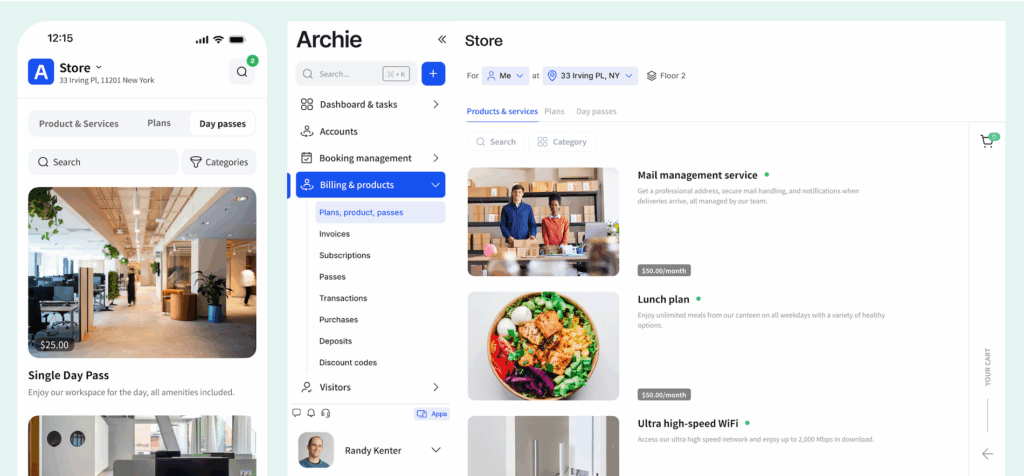
Organize coworking space services into clear categories
To make browsing easier, group your services into simple, familiar categories. For example:
- Food & Beverage – snacks, coffee, lunch delivery, or bar service
- Professional services – legal help, marketing support, tax consulting
- Personal services – personal assistant, laundry, wellness sessions
- Support services – IT help, cleaning, handyman assistance
This helps members quickly find what they’re looking for, without getting overwhelmed by too many options.
Add clear descriptions and payment options
Each service should come with a short, friendly description so people know exactly what they’re getting. Don’t forget to include pricing — whether it’s free, part of their plan, or available at an extra cost. Make it simple for members to pay or confirm their bookings by offering a variety of secure payment options.
Offering coworking space services and amenities with Archie
Archie gives your members an easy way to access community perks and book anything, from phone booths and podcast rooms to parking spots, lockers, or event space.

- Smart booking filters: Members can filter by coworking space features (like finding a meeting room with a whiteboard or a booth with a monitor), so they can quickly book what fits their needs.
- Rules and access limits: You can control who can book what, and when. Want only premium members to use the podcast studio? No problem. Need to limit booking times or block off certain hours? Archie makes that simple.
- Online payments: You can charge for extra coworking space facilities, like renting out equipment or booking event space, and easily keep track of payments, all in one place.
- Self-service: Archie works on both desktop and mobile, so members can check availability and book on the go. It’s fast, easy, and doesn’t require your staff to get involved every time.
Archie’s coworking software is flexible enough to match the unique layout and services of your coworking space. Ready to find out for yourself?

Berenika Teter
Archie's Content Manager, fueled by filter coffee and a love for remote work. When she’s not writing about coworking spaces and hybrid workplaces, you can probably find her exploring one.
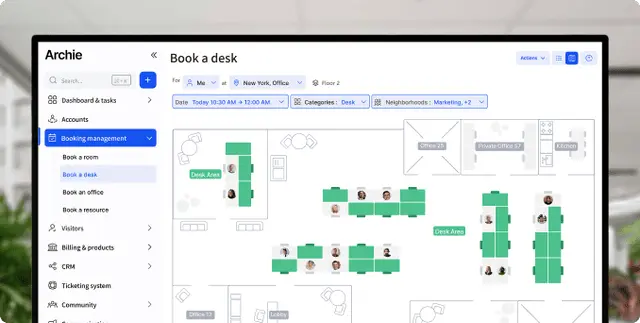
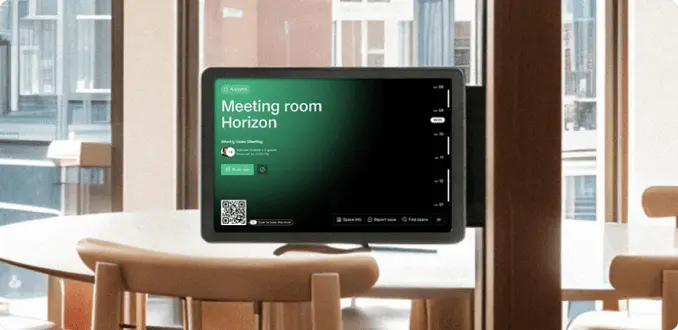

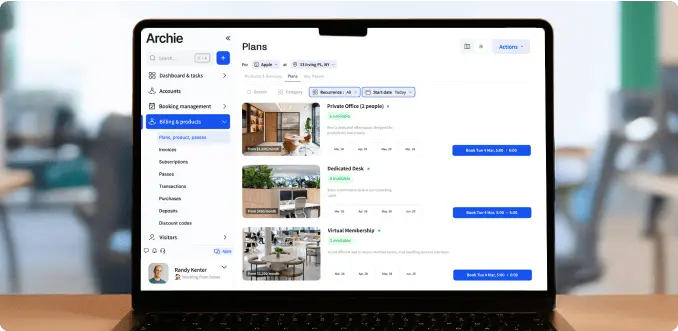

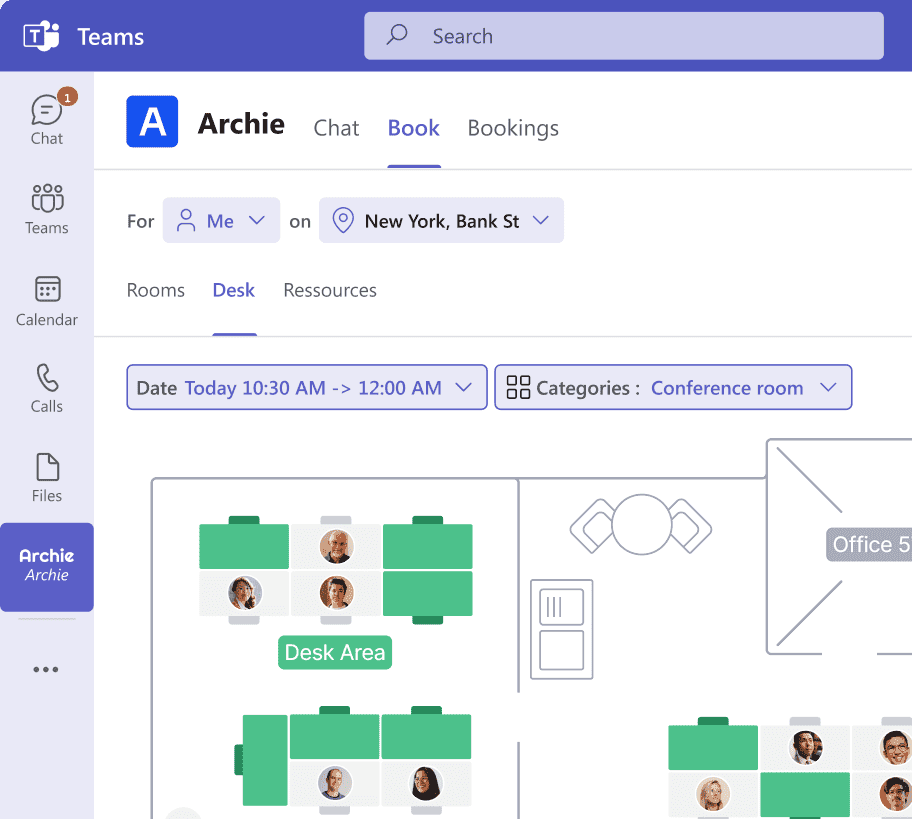
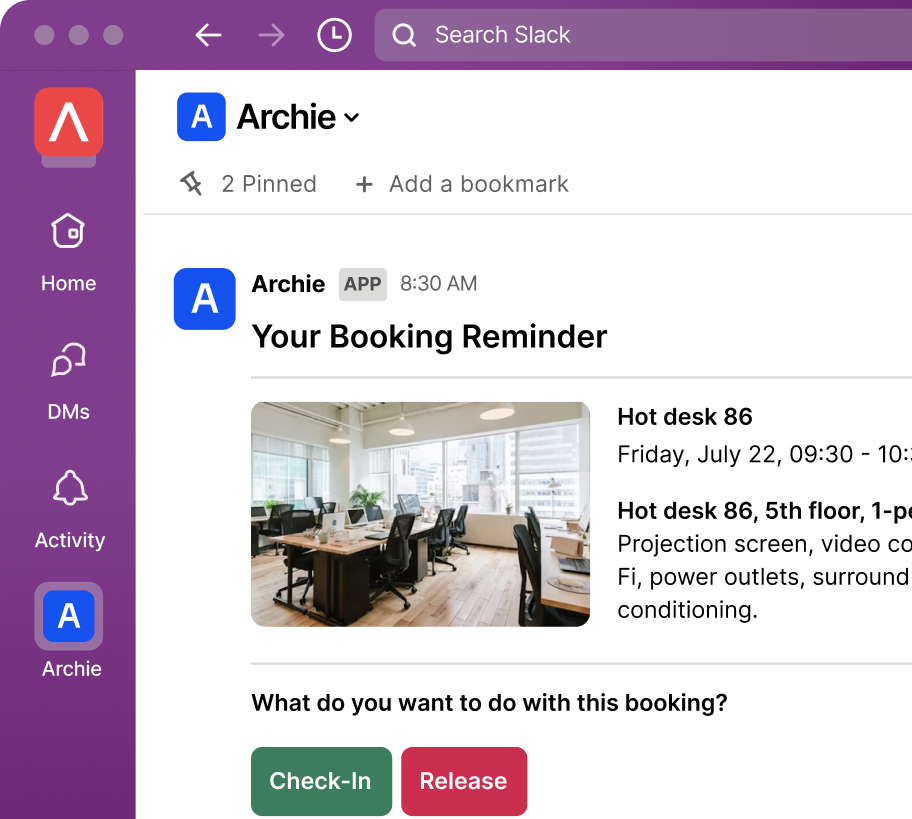


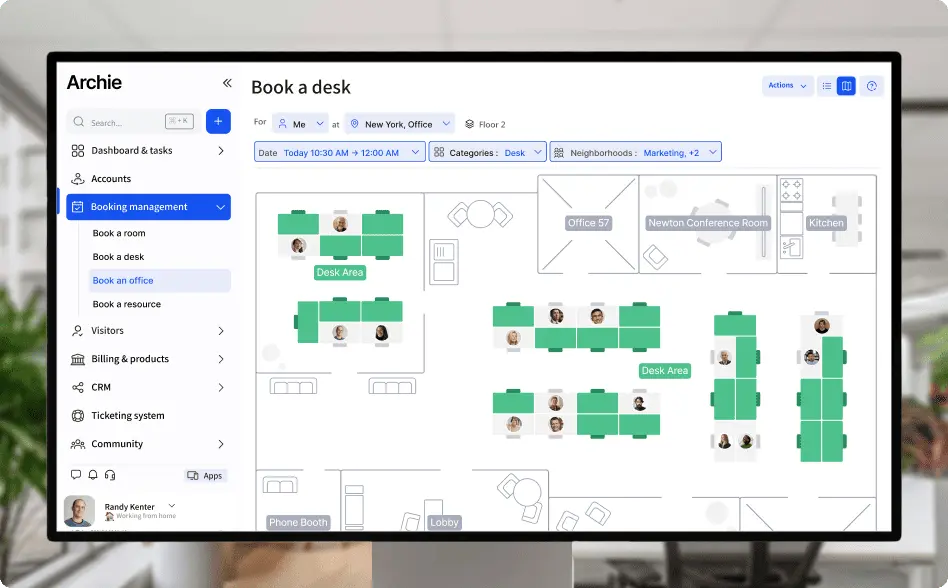
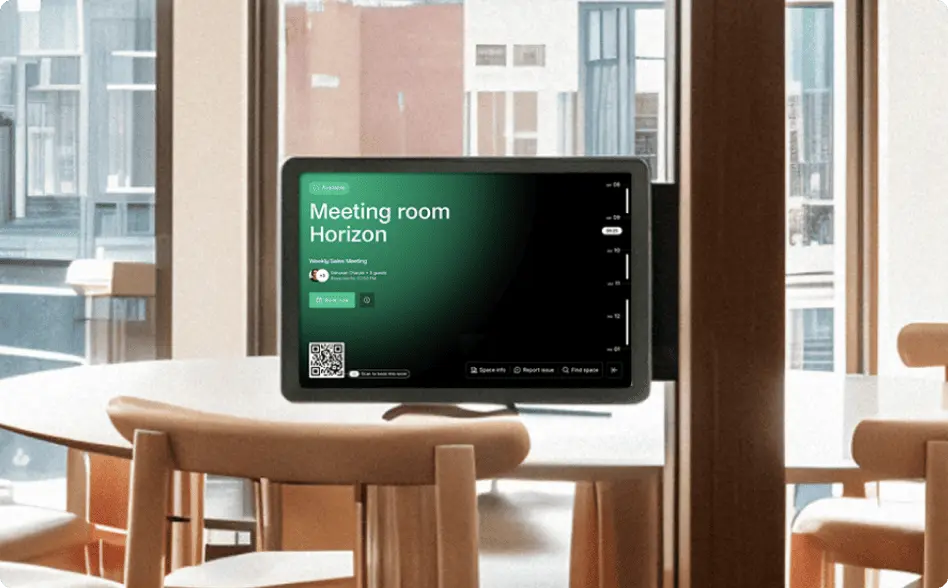

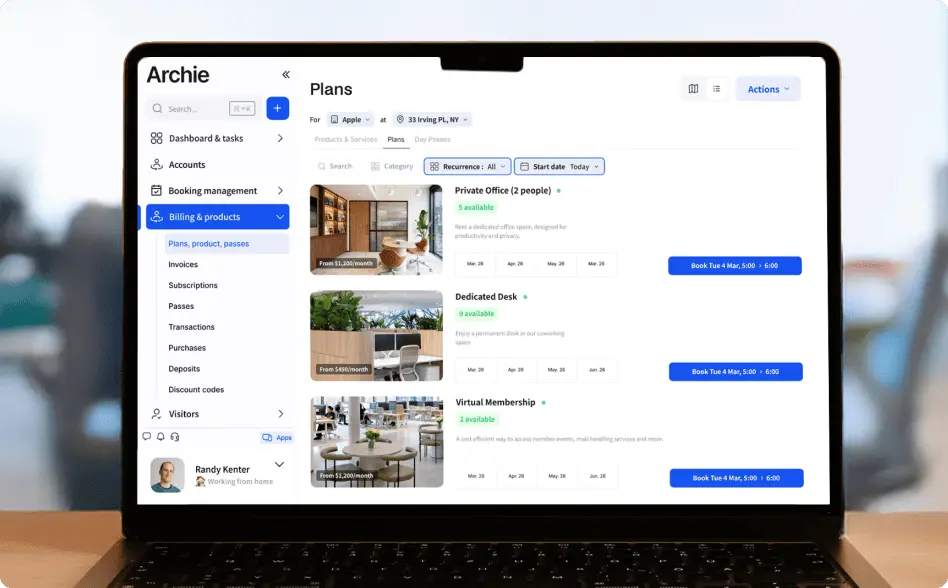








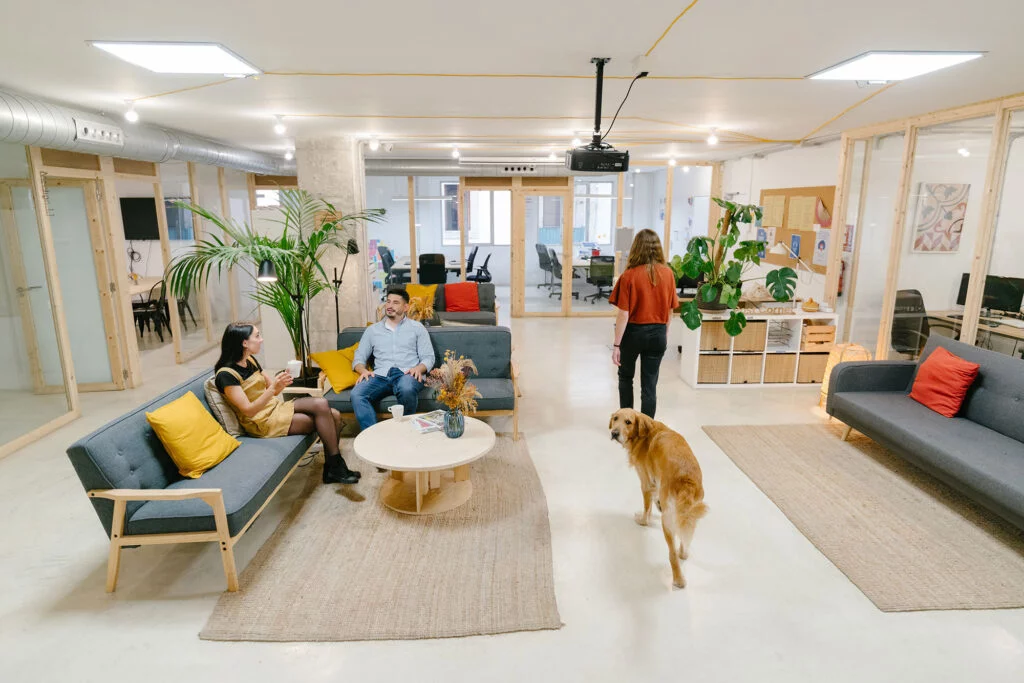
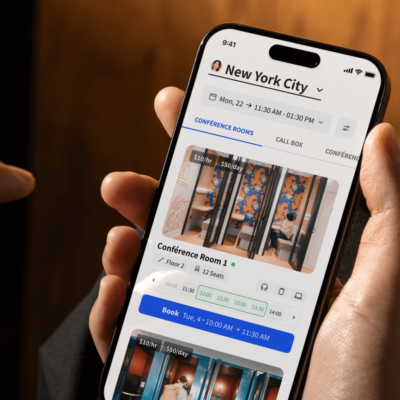

![38 Top Coworking Conferences and Events of 2026 [Confirmed] Top coworking conferences - cover image.](https://archieapp.co/blog/wp-content/uploads/2023/10/coworking-400x400.jpeg)
